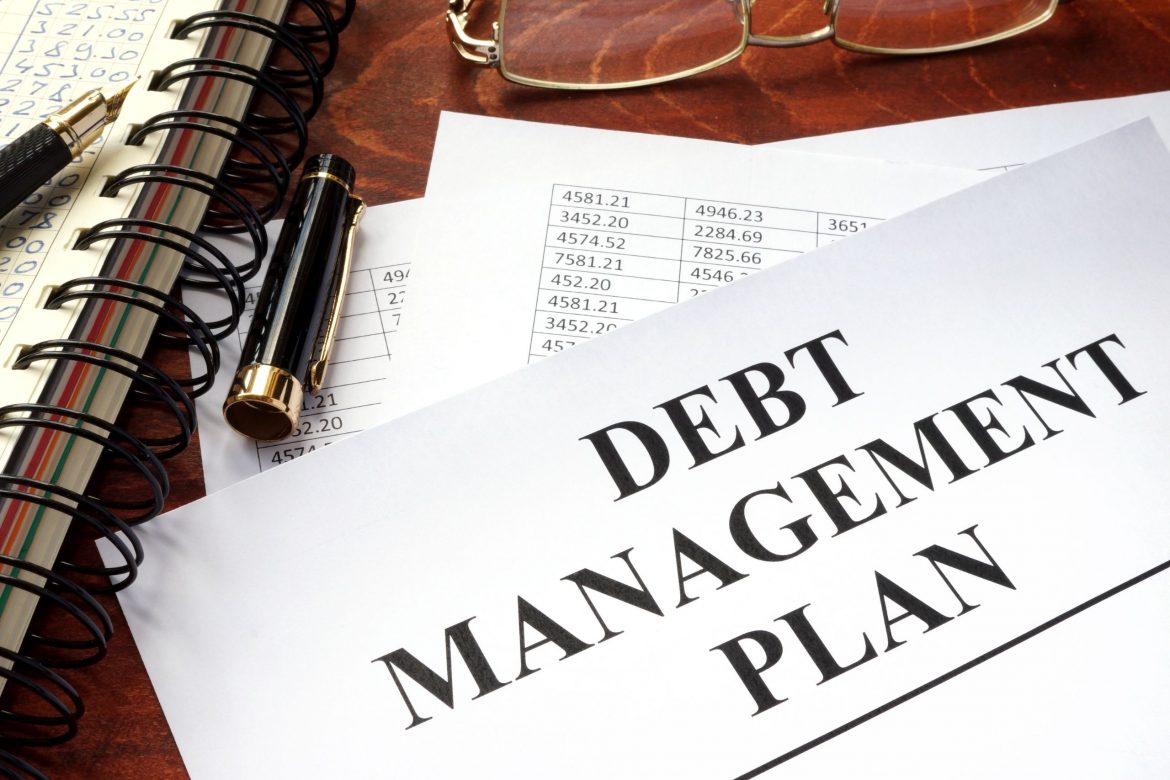Reducing debt can help one to attach long-lasting peace of mind and financial stability. Given the rising living expenditures and economic uncertainty, good debt management strategies may significantly lower financial stress and help individuals to take control of their lives. Paying off debt requires precise preparation, complete awareness of one’s financial situation, constant effort, and not just monthly payments. With the correct strategies, you may turn overwhelming debt into reasonable, predictable payments that at last bring financial worry free. This book will provide you useful advice on how to pay off debt, investigate many repayment plans, and enable you to make wise choices advancing financial welfare. Whether your debt is personal loans, credit card debt, or college loans, the advice in this article will be very crucial in guiding your road towards financial freedom.
Understanding Your Debt Landscape
A key first step in properly managing your money is listing all of your debts—including their amounts, interest rates, and deadlines. When everything is before you, seeing the complete picture of your financial situation is much easier. This clarity allows you to identify which debt—often credit card debt with high rates—is most costing you in interest. First, give these high-interest bills top attention; over time, this will help you save expenses and ease the load of handling many payments.
Moreover, knowing all of your obligations lets you design a disciplined payback schedule. See which payments are due soon to make sure you don’t miss any deadlines; late fines and credit score harm might result from missing any one of them. Having everything in order will enable you to feel more in control and allow you to boldly decide how to manage your debt, whether your concentration is on one loan at a time or on choices like consolidation or balance transfers. Simply said, spending some time to define your obligations lays a strong basis for your path toward financial independence!

Prioritizing with the Snowball or Avalanche Method
Two popular debt-paying strategies—the Avalanche and Snowball approaches—each satisfy different financial and psychological needs. With the Snowball method, you focus on first clearing your least debt. For people that want rapid victories to keep motivated, this method works well. Reducing lesser debts can help you feel successful, which will inspire you to stay on and raise your confidence. It makes the entire debt-repayment process seem less taxing, like receiving a small bonus for your efforts.
Conversely, the Avalanche technique initially targets high-interest debt. This method could work for people who like to plan ahead and want to save money over time. You can save a lot of money by not taking out as many loans with high interest rates. The interest you pay will go down over time. Still, it might take longer time to see improvement—especially if additional responsibilities demand more money. The Avalanche technique can consequently be better suited for you if you are patient and long-term minded. In the end, your attitude to money management and motivating element will determine which of these ones best apply to you.
Maximizing Extra Payments
If you get a bonus, tax return, or some extra income from a side job, think about using it to pay more on your debts. Little amounts may really make a huge impact! If you apply a $200 bonus toward a high-interest credit card, for example, you not only lower your principle debt but also over time lessen the interest you will pay. Over time, this will save money and help you to pay off the debt faster.
Think of it as if you are rapidly hastening the debt-free living process by allocating more funds for repayments. Though it may seem little, consistently making even $50 or $100 can significantly shorten the loan duration. Seeing that balance decline quicker might also be a quite powerful motivator to maintain on track. Therefore, consider helping your debts some more the next time you have some additional money. Thanks you will help your future self.
Negotiating for Better Terms
Remember to investigate bargaining with your lenders while you are working on debt. Many individuals are unaware that, particularly if you have been a consistent client, lenders might be receptive to talking about reduced interest rates. Sometimes a simple phone call yields a reduced cost, which over time might save you money. This will enable you to save a respectable sum of money and make your monthly payments more sensible.
Another option is looking for longer periods of payback. Stretching out your repayment schedule can help to reduce your monthly payments, thereby relieving some financial load. Just bear in mind that even if this might make payments more pleasant, it may also entail paying more in interest generally. Finally take some thought on grouping your debts. This usually means combining many loans into one single loan under a lower interest rate. This not only simplifies your payments but also offers a better route towards debt-free purchasing. It mostly concerns choosing what best suits your situation and keeping your financial goals on line.
Avoiding New Debt
While you are working on debt pay-off, you should not get any extra debt. Adding more debt might throw off your repayment plan and hinder your attempts at financial management. Instead, focus on techniques of budgeting that let you track your spending and give your debt first importance. Making a basic home budget can help you to see where your money goes and enable you to devote more toward debt repayment.
Another wise action while you’re working on debt is creating an emergency fund. Without using credit cards or loans, this money may be a safety net helping you pay for unanticipated costs. Save enough to cover minimum three to six months’ worth of living costs. Finally, cultivate deliberate spending behavior. Ask yourself before you buy if it’s a necessity or a desire. By being deliberate about your spending, you will be able to follow your budget and start on a faster road toward financial independence.

Conclusion
Achieving financial independence depends on knowing your debts and giving payback top priority as it helps you to better handle your responsibilities and lower the total borrowing cost. Understanding the high expenses related to different debts—especially those with high interest rates like credit cards—you may use the avalanche or snowball techniques to methodically address them. Maintaining momentum on your path to debt-free requires being disciplined in your budgeting by reducing unneeded costs and directing extra income toward debt repayment. Along with wise and customized plans, persistence helps you to take charge of your money, therefore opening the path toward a more safe and free financial future.




